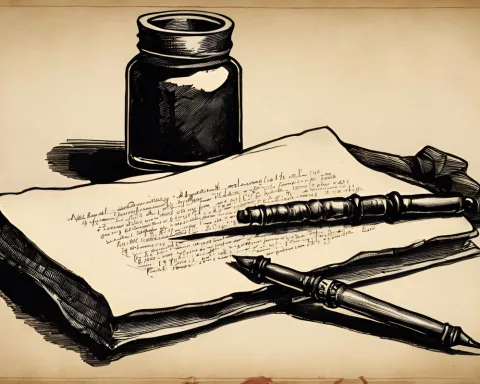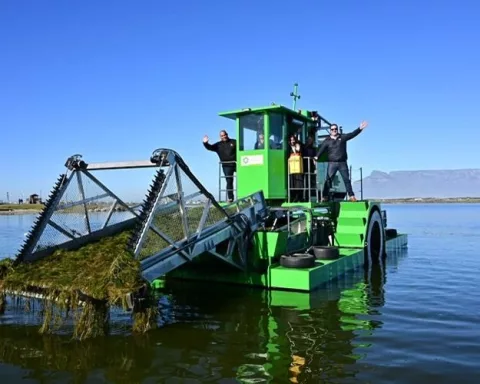The Democratic Alliance’s (DA) Western Cape Provincial Powers Bill has sparked a controversial debate in South African politics. The proposed legislation aims to promote greater devolution within the framework of the South African Constitution, but critics have raised concerns over the DA’s true motivations and the implications for provincial autonomy.
Clarifying the DA’s Intentions
DA Member of the Provincial Legislature (MPL), Christopher Fry, clarified that the bill does not advocate for independence or secession. Instead, it seeks to grant capable provincial and local governments more federal autonomy, allowing them to exercise authority over duties that have been devolved from the federal government. Fry emphasized that the DA remains dedicated to fighting for the interests of all South Africans.
Opposing Perspectives
However, the African National Congress (ANC) leader of the provincial opposition, Cameron Dugmore, accused the DA of attempting to seize the powers and functions of the national government through covert means. According to Dugmore, the DA is pursuing power sharing via a federal system and constitution, having come to terms with the fact that they will never govern at the federal level.
Dugmore further argued that the DA’s quest for complete control over national competencies has bitten off more than they can chew, citing the party’s inability to adequately manage municipal and provincial competencies, such as Klipfontein Hospital.
Debate over Provincial Autonomy
The Western Cape Provincial Powers Bill has sparked a heated conversation about provincial autonomy and the broader political landscape in South Africa. While the DA maintains that their commitment lies in fostering greater devolution and fighting for the interests of all South Africans, critics argue that the party’s true agenda is to obtain unwarranted control over national competencies.
Distinction from Other Bills
The Freedom Front Plus (FF Plus) bill, which focuses on self-determination, has been deemed fundamentally different from the DA’s bill. DA deputy provincial leader JP Smith highlighted this distinction, though it remains yet another point of contention within the political sphere.
The Western Cape Provincial Powers Bill remains a complex and divisive issue, with implications for provincial autonomy and South Africa’s political landscape hanging in the balance. Whether the bill serves as a step towards greater devolution or a misguided attempt at power sharing remains to be seen.












